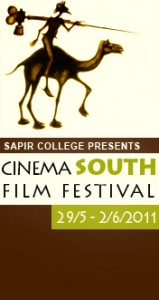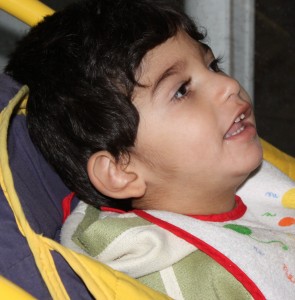Joshua Gutoff has an incisive post on Jewish-American ADD at Frost and Clouds (a blog always worth reading):
… Talking about withdrawing from the Occupied Territories – hell, just calling them the Occupied Territories – suggests that the borders of the State have more to do with negotiations and politics and international law than the Bible. …Concern that Israel may use force unjustly, and that the occupation may be more brutal than security needs mandate or that international law allows implies that Israel might be subject to moral scrutiny by the outside world.
Is any of that really so bad? It all seems kind of normal for a normal country. It’s not a good thing to be accused of a war crime, let alone commit one, but to hold Britain accountable, or France, or the US, for unjust use of force is not to attack their legitimacy or demand their dismantling. To call for a state to accept international law is not to deny its sovereignty. None of the above are incompatible with concern, even love, for a country.
Not for a real country, anyway.










